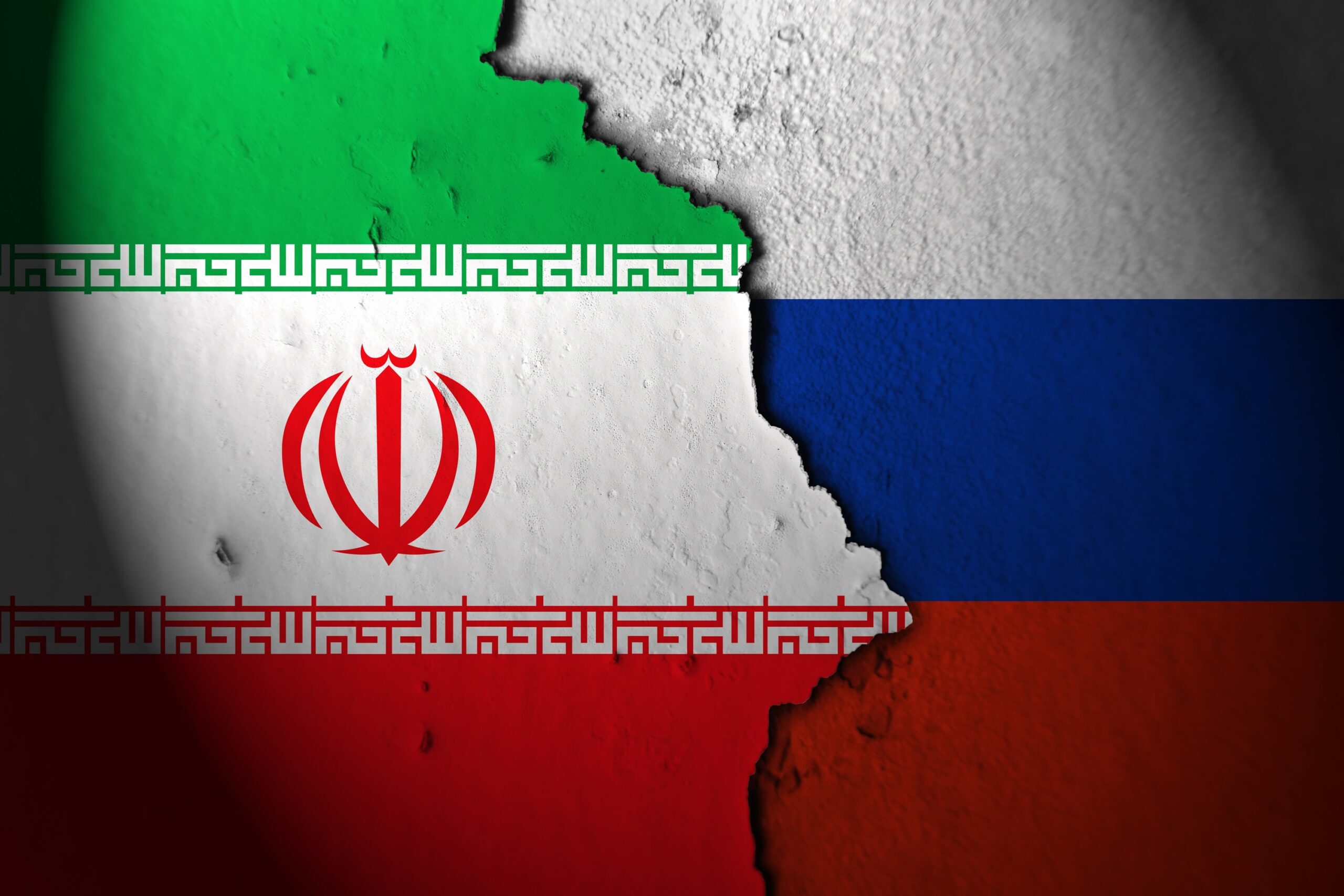Publications
Special publication in collaboration between INSS and the Friedrich Naumann Foundation for Freedom
Russia has a long history of nuclear energy cooperation with Iran. Until recently, it maintained a constructive position on international efforts to prevent Iran from obtaining a nuclear weapon. Russia balanced the benefits of its nuclear energy cooperation with Iran alongside its relationships with the United States and its commitment to the robust nonproliferation regime. However, recent developments may have affected Russia’s position on the Iranian nuclear program and could help Iran obtain nuclear weapons.
The Joint Comprehensive Plan of Action (JCPOA) eventually collapsed by the end of 2022 as a result the US withdrawal from the JCPOA under the first Trump administration in 2018 and Russia’s cooperation with Iran during the war in Ukraine. After the US withdrawal from the JCPOA in 2018 that damaged Iran’s commitment, especially after the Biden administration took office in early 2021, Russia supported the renewal of the JCPOA and even publicly criticized Iran’s position. This stance changed immediately after Russia’s invasion of Ukraine in February 2022. In March 2022, Russia had conditioned its support of JCPOA on concessions regarding sanctions imposed on Russia due to its invasion. Efforts to revive the JCPOA were suspended in the Fall of 2022 after Western negotiators learned that Iran was supplying drones to Russia for use in the war with Ukraine. Current relationships among JCPOA sponsors lack the consensus that resulted in the JCPOA. At the IAEA Board of Governors meeting in November 2024, JCPOA signatories were divided over a resolution expressing growing concern over Iran’s lack of cooperation. France, the United Kingdom, Germany, and the United States voted for the resolution, while Russia and China voted against it.
The war in Ukraine and resulting sanctions against Russia, as well as shared animosity toward the West, have pushed Russia and Iran closer together. In addition, the war has created a demand for a range of conventional arms that Russia’s production capabilities cannot meet. In this context, Iran has established itself as a critical supplier of the conventional arms Russia needs to wage its war in Ukraine. This dependency on Iran raises the risk that Iran could leverage its support to Russia to advance its nuclear weapon program.
However, the history of relationships between Russia and Iran and the current controversies cast doubt on the likelihood of a strategic partnership between the two rather than a tactical alliance. Building on a review of the strategic relationships between Russia and Iran,¹ along with an analysis of the history and current state of Iran’s nuclear weapons program and Russian-Iranian nuclear cooperation, this paper evaluates the risks of Russian support for the Iranian nuclear weapons program, including potential areas of such support and the likelihood of Russia providing it.



